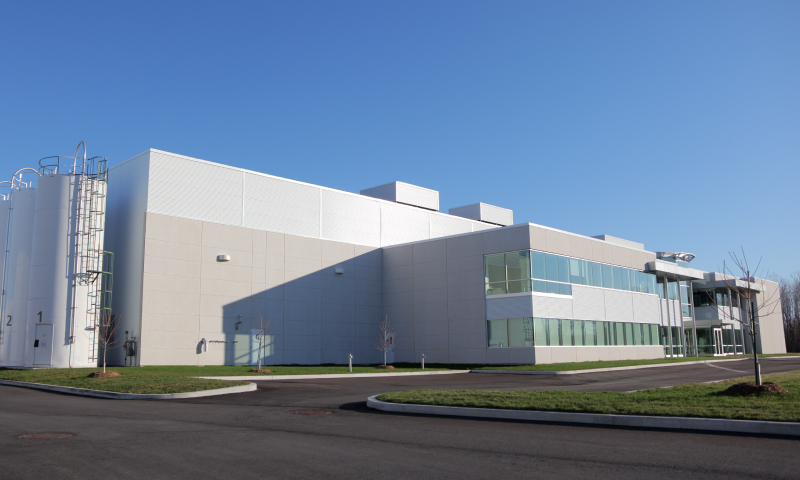06 September 2021
Supply chain disruption, material shortages and resource pressure hit the latest CIPS manufacturing PMI with another monthly fall from 60.4 in July, to a five-month low of 60.3 in August. The supply chain woes now go beyond a global shortage of semi-conductors, which is still having an acute impact on the sector; but other factors are at play. The shortage of lorry drivers across Europe and varying levels of vaccinations and Covid cases across the globe are also hitting logistics and supply chain management - stalling production even further.
Manufacturers will continue to respond proactively by bulk buying to ensure they have a stock buffer to keep the production line moving, whilst buying before prices increase even further. However, it will be the bigger manufacturers that have the capital, scale and influence to compete effectively; and the smaller manufacturers further down the supply chain that will feel the pinch more prominently.
That said even larger players will not be immune to supply chain disruption this year; with Volkswagen, Toyota and Ford all recently announcing cuts to production - highlighting the scale and significance of the problem.
Inflation to reach over 4.0 per cent by the end of year
The IHS/Markit Manufacturing PMI supplier’s delivery times balance fell to its second lowest level on record in August, suggesting that the shortages which have held back the manufacturing sector recently continued in August. Indeed, output in the sector was still about 5 per cent below its February 2020 level in July, compared to about 2 per cent for the economy as a whole.
And with shipping costs from Asia to Europe up by 700 per cent year on year in August it’s no surprise that the final input and output price balances remain at high levels. Shortages of materials, labour and shipping space is driving up costs and manufacturing firms are starting to pass some of these costs on. Goods price inflation was almost a full percentage point above services inflation in July (2.5 per cent vs 1.6 per cent). The goods shortages are likely to persist over the rest of this year which is one reason why we think inflation will reach over 4.0 per cent by the end of the year. But inflation should drop back quickly in 2022 as the hit to prices from shortages fades.
For further information, please contact Mike Thornton.









